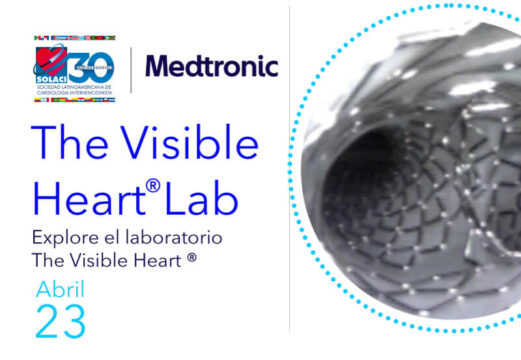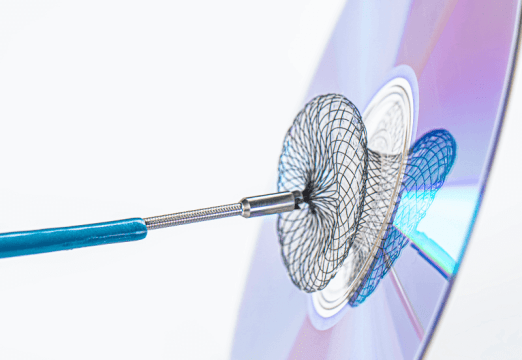Moderate aortic stenosis (MAS) encompasses a broader spectrum than severe aortic stenosis. However, its progression has not yet been fully elucidated. While there are reports suggesting that this condition is not as benign as initially believed, there is a need to consider early interventions in certain instances.

Researchers conducted an analysis from January 2016 to June 2020 involving 674 patients with MAS. This category was defined as an aortic valve area between 1 cm² and 1.5 cm², a mean gradient between 20 mmHg and 40 mmHg, and a peak velocity of less than 4 m/s.
Patient average age was 75 years and 57% of subjects were male. Among the total, 81% had hypertension, 38% had diabetes, 49% had coronary artery disease, 28% had had a stroke, 44% had atrial fibrillation, 75% had elevated NT-pro BNP levels, and 70% had an eGFR <60. Ejection fraction was 60%; the mean gradient, 33 mmHg; peak velocity, 3.42 m/s; and aortic valve area, 1.2 cm². There was severe calcification in 13% of cases and moderate calcification in 72% of them, and 10% had bicuspid valve.
During one year of follow-up, there were major adverse cardiovascular events (MACE) in 45.3% of cases, while mortality reached 19.6%. A total of 114 patients (16.9%) required aortic valve replacement, of which 45 underwent transcatheter aortic valve implantation (TAVI) and 21.4% were hospitalized due to heart failure.
Read also: bRight: Impact and Safety of the TriClip Device in a Real-World Cohort.
Predictors of MACE included elevated levels of NT-pro BNP, presence of diabetes, elevated mitral E-wave, and the existence of atrial fibrillation at the time of diagnosis.
Conclusion
These findings shed light on the relatively unfavorable short-term prognosis and patient stratification in moderate aortic stenosis. Furthermore, they support the need for randomized studies to evaluate the effectiveness of percutaneous treatments, such as aortic valve replacement, in this specific population.

Dr. Carlos Fava.
Member of the Editorial Board of SOLACI.org.
Original Title: Predictors of Major Adverse Cardiovascular Events in Patients With Moderate Aortic Stenosis: Implications for Aortic Valve Replacement.
Reference: Travis Howard, et al. Circ Cardiovasc Imaging. 2023;16:e015475. DOI: 10.1161/CIRCIMAGING.123.015475.
Subscribe to our weekly newsletter
Get the latest scientific articles on interventional cardiology





